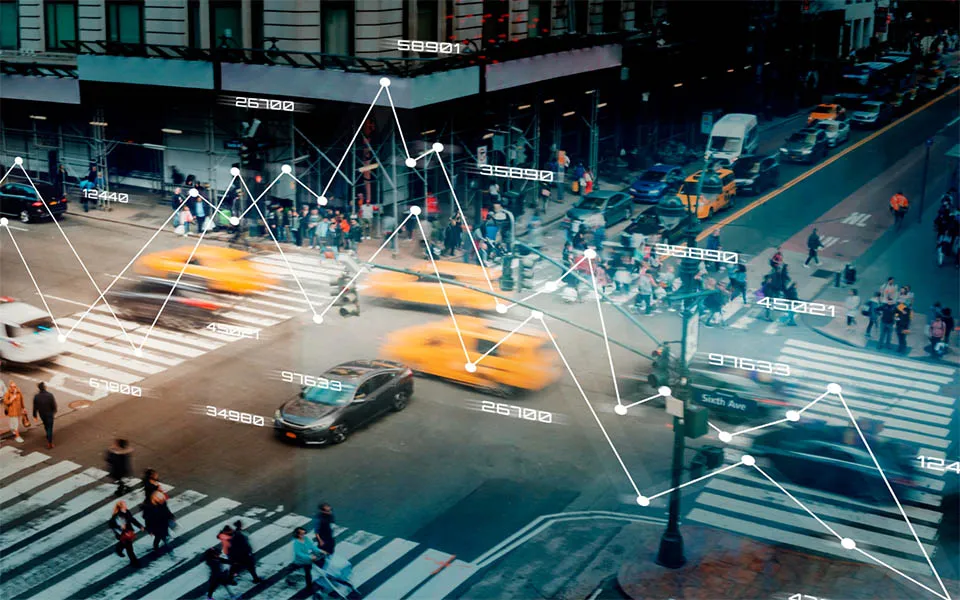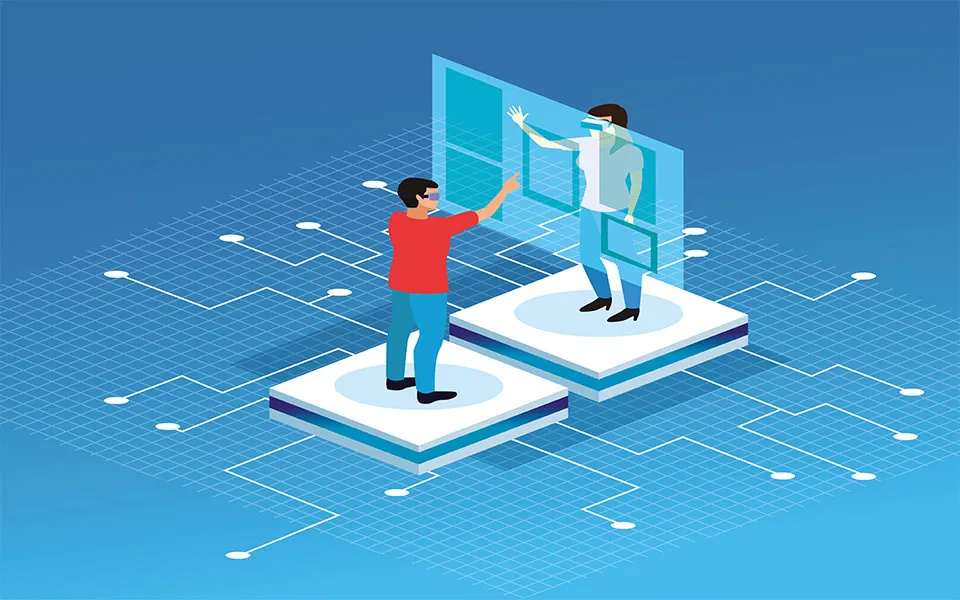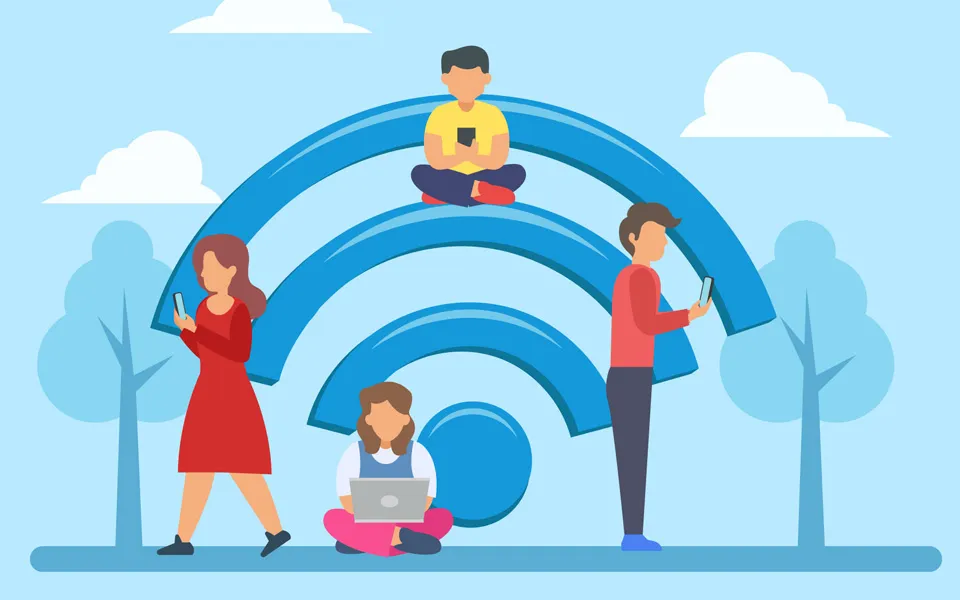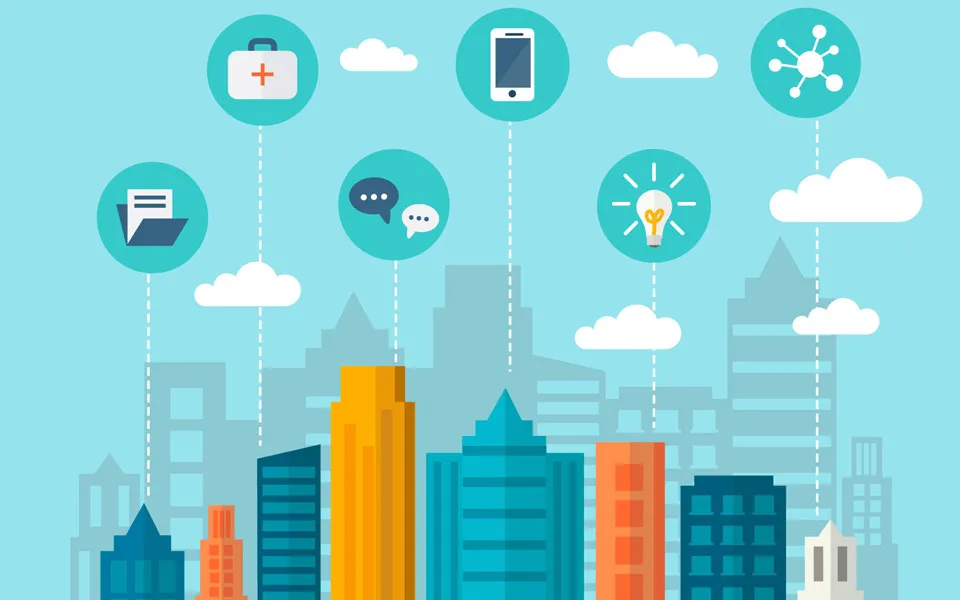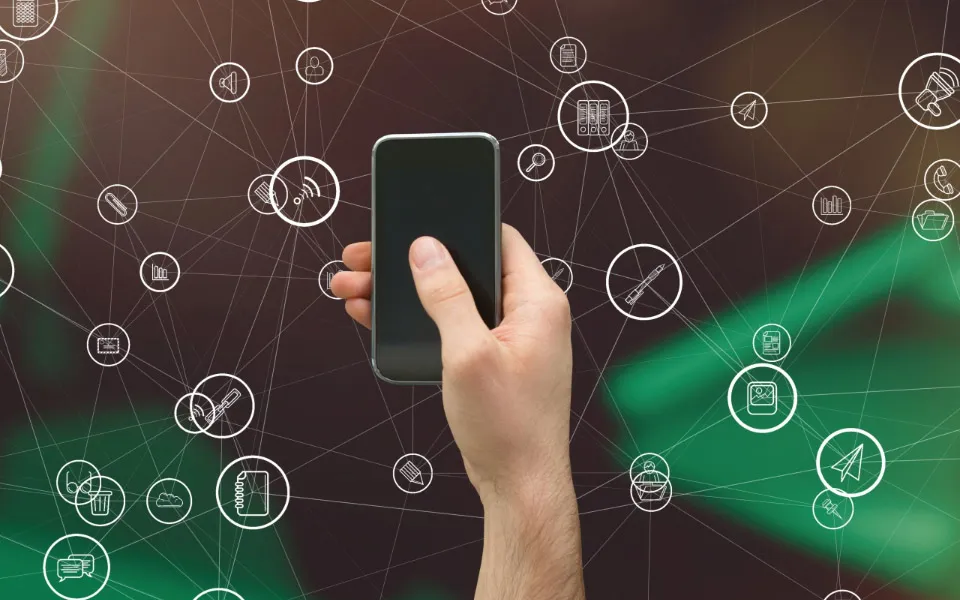Block-chain Technology in 5G-Enabled IoT Environments
The convergence of Block-chain technology and 5G-enabled Internet of Things (IoT) is heralding a new era of connectivity, security, and efficiency. As the world becomes increasingly interconnected, the need for a robust and secure framework to manage vast amounts of data generated by IoT devices, including Horizon 5G devices, has never been more critical. In this article, we delve into the intersection of Block-chain and 5G technology, exploring how this powerful combination is reshaping the landscape of IoT environments.

I. Understanding the Foundations: Block-chain Technology
Block-chain technology, synonymous with cryptocurrencies like Bitcoin, is a decentralized and distributed ledger system. It operates on a peer-to-peer network, utilizing consensus algorithms to validate and record transactions securely and transparently. Each block in the chain contains a cryptographic hash of the previous block, creating an immutable and tamper-resistant record.
A. Decentralization and Security:
Decentralization is at the core of Block-chain’s value proposition. In a 5G-enabled IoT environment, decentralization plays a crucial role in enhancing security and minimizing the risk of a single point of failure. Traditional centralized systems are vulnerable to cyber threats, but a decentralized Block-chain, especially in the context of Horizon 5G devices, mitigates these risks by distributing control across a network of nodes.
B. Smart Contracts:
Smart contracts, self-executing contracts with the terms of the agreement directly written into code, add another layer of automation and efficiency to Block-chain. In the context of IoT, smart contracts enable devices, including Horizon Powered 5G devices, to autonomously execute predefined actions based on predetermined conditions. This functionality streamlines processes, reduces the need for intermediaries, and ensures trust among participating entities.
II. The 5G Revolution: Transformative Connectivity
The fifth generation of wireless technology, 5G, is a game-changer for IoT environments, especially those incorporating Horizon 5G devices. With its high-speed, low-latency capabilities, 5G enables seamless communication between devices, paving the way for innovative applications across various industries.
A. Ultra-Reliable Low Latency Communication (URLLC):
URLLC is a key feature of 5G, providing reliable and low-latency communication crucial for real-time applications, a necessity for Horizon 5G devices. In the IoT space, this translates to swift and dependable data exchange between devices, enhancing responsiveness and user experience. The integration of Block-chain further amplifies these benefits by ensuring the security and integrity of the transmitted data.
B. Massive Machine Type Communication (mMTC):
5G’s mMTC capability facilitates the connectivity of a massive number of IoT devices simultaneously, including Horizon 5G devices. This is particularly vital as the number of IoT devices is projected to skyrocket in the coming years. Block-chain’s decentralized architecture ensures that the network can handle the vast volume of transactions securely and efficiently, creating a scalable infrastructure for the IoT ecosystem.
III. Convergence of Block-chain and 5G in IoT Environments
A. Enhancing Security:
Security is paramount in any IoT ecosystem, given the sensitive nature of the data transmitted between devices, including Horizon 5G devices. The integration of Block-chain with 5G adds an extra layer of security by providing a tamper-resistant and transparent ledger for recording transactions. Each device in the network, including Horizon 5G devices, has its cryptographic key, ensuring data integrity and preventing unauthorized access.
B. Data Integrity and Trust:
Block-chain’s ability to create an immutable record ensures the integrity of data generated by IoT devices, including Horizon 5G devices. In a 5G-enabled environment, where data is transmitted at unprecedented speeds, maintaining data integrity is critical. The transparent and decentralized nature of Block-chain fosters trust among users and devices, addressing concerns related to data manipulation and unauthorized access.
IV. Use Cases and Applications
A. Supply Chain Management:
The combination of Block-chain and 5G in IoT environments, including the integration of Horizon 5G devices, revolutionizes supply chain management. Smart contracts facilitate real-time tracking of goods, triggering automated actions such as payment processing upon delivery confirmation. The transparency of the Block-chain ensures a trustworthy and traceable supply chain, reducing fraud and enhancing efficiency.
B. Healthcare:
In the healthcare sector, the integration of Block-chain and 5G enhances patient data security and interoperability, especially with the integration of Horizon 5G devices. Smart contracts streamline processes such as insurance claims, and the decentralized nature of the Block-chain ensures that sensitive health data remains private and unaltered.
C. Smart Cities:
Smart city initiatives leverage IoT devices for various applications, from traffic management to waste disposal, including the deployment of Horizon 5G devices. Block-chain ensures the integrity of data generated by these devices, while 5G provides the necessary connectivity for real-time monitoring and decision-making. Together, they form the backbone of efficient and sustainable urban development.
V. Challenges and Future Outlook
A. Scalability:
While the combination of Block-chain and 5G, especially with Horizon 5G devices, holds immense potential, scalability remains a challenge. As the number of IoT devices continues to grow, ensuring that the network can handle the increased volume of transactions without compromising speed or security is a critical concern.
B. Regulatory Frameworks:
The evolving nature of both Block-chain and 5G technologies necessitates the development of clear regulatory frameworks. Governments and regulatory bodies must collaborate with industry stakeholders to establish guidelines that ensure the responsible and ethical implementation of these technologies in IoT environments, particularly those involving Horizon 5G devices.
C. Future Developments:
Looking ahead, ongoing research and development will likely address current challenges and unlock even greater potential. Innovations such as sharding in Block-chain and advancements in 5G infrastructure will contribute to a more seamless integration, further enhancing the capabilities of IoT environments, including those utilizing Horizon 5G devices.
Conclusion:
The fusion of Block-chain and 5G within the realm of IoT environments, particularly with the integration of Horizon 5G devices, stands as a transformative force, revolutionizing our perception of connectivity, security, and operational efficiency. This dynamic amalgamation not only addresses the inherent challenges of decentralization, security, and scalability but also ushers in a new era of possibilities for industries across the spectrum.
As we navigate the crossroads of these groundbreaking technologies, the synergy between Block-chain and 5G, notably incorporating Horizon 5G devices, reshapes the digital landscape. The ongoing convergence promises more than just streamlined processes; it unfolds a narrative of a connected world where trust, transparency, and innovation harmoniously intersect, forging a path towards redefined possibilities within the expansive realm of the Internet of Things. In this unfolding narrative, Horizon 5G devices emerge as pivotal catalysts, embodying the epitome of seamless, secure, and efficient connectivity, poised to redefine the very fabric of our interconnected future.

